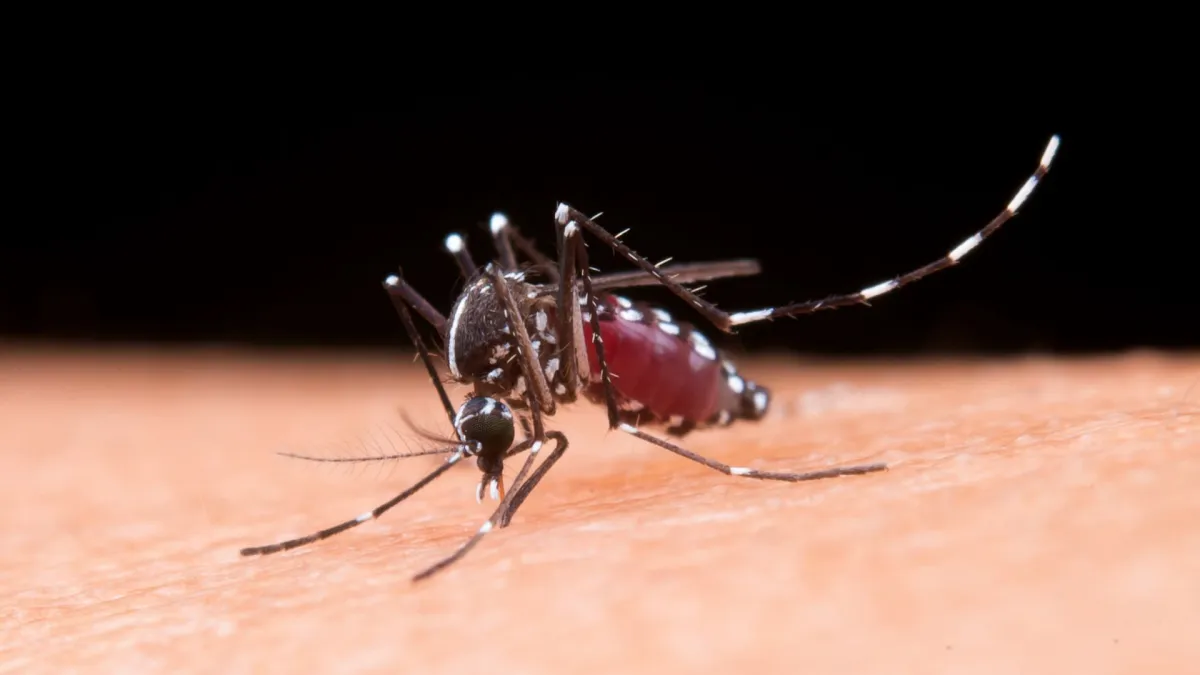
As the rainy season commences in many areas of Thailand, continuous rainfall brings with it diseases like Dengue Fever. The virus, known as the dengue virus, is carried by mosquitoes and affects humans, especially during the annual rainy season. The rain increases the breeding grounds for mosquitoes in various places. Not only do Thai citizens need to be cautious, but foreign tourists visiting during this time also need to take preventative measures and remain vigilant.
According to data from the Disease Control Department, there have been 15,399 confirmed cases of dengue fever from the start of the year until week 19. This is a 5.4 times increase when compared to the same period in 2022. In addition, 13 people have tragically died from the disease.
As a result, the Disease Control Department has launched a situation command center, recognizing this as an irregular occurrence that meets the criteria for such action. The department is working in tandem with local units in the affected areas to control the disease as effectively as possible. They have also called for an urgent campaign to prevent and control the disease through community health volunteers around the country, urging citizens to collectively eliminate mosquito larvae in their vicinity.
If anyone experiences sudden high fever, headaches, body aches, small red spots on their arms and legs, nausea, vomiting, abdominal pain, and loss of appetite, it may be signs of dengue fever. If the high fever persists for more than 2 days, despite efforts to reduce it, dengue fever might be the cause. It is advised not to consume fever-reducing medications such as aspirin, ibuprofen, and diclofenac, and to urgently seek medical attention or visit a nearby health service. Prompt and accurate treatment can potentially save lives. For any queries, please contact the Disease Control Department hotline at 1422.
Meanwhile, the National Health Security Office (NHSO), in collaboration with the Disease Control Department of the Ministry of Public Health, has launched a service to provide influenza vaccinations to seven high-risk groups. The service begins today and will continue until August 31, 2023, or until the vaccine supply is exhausted.